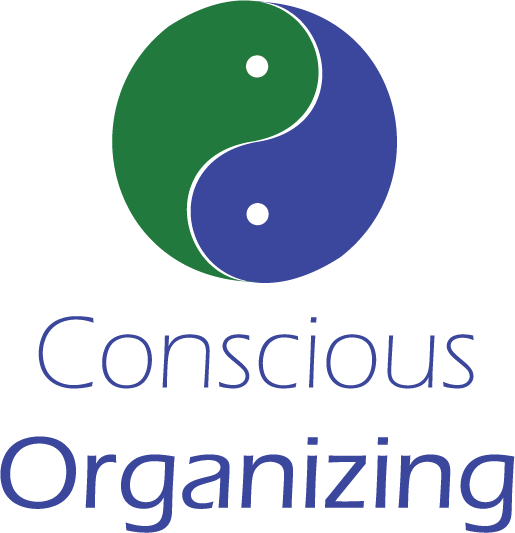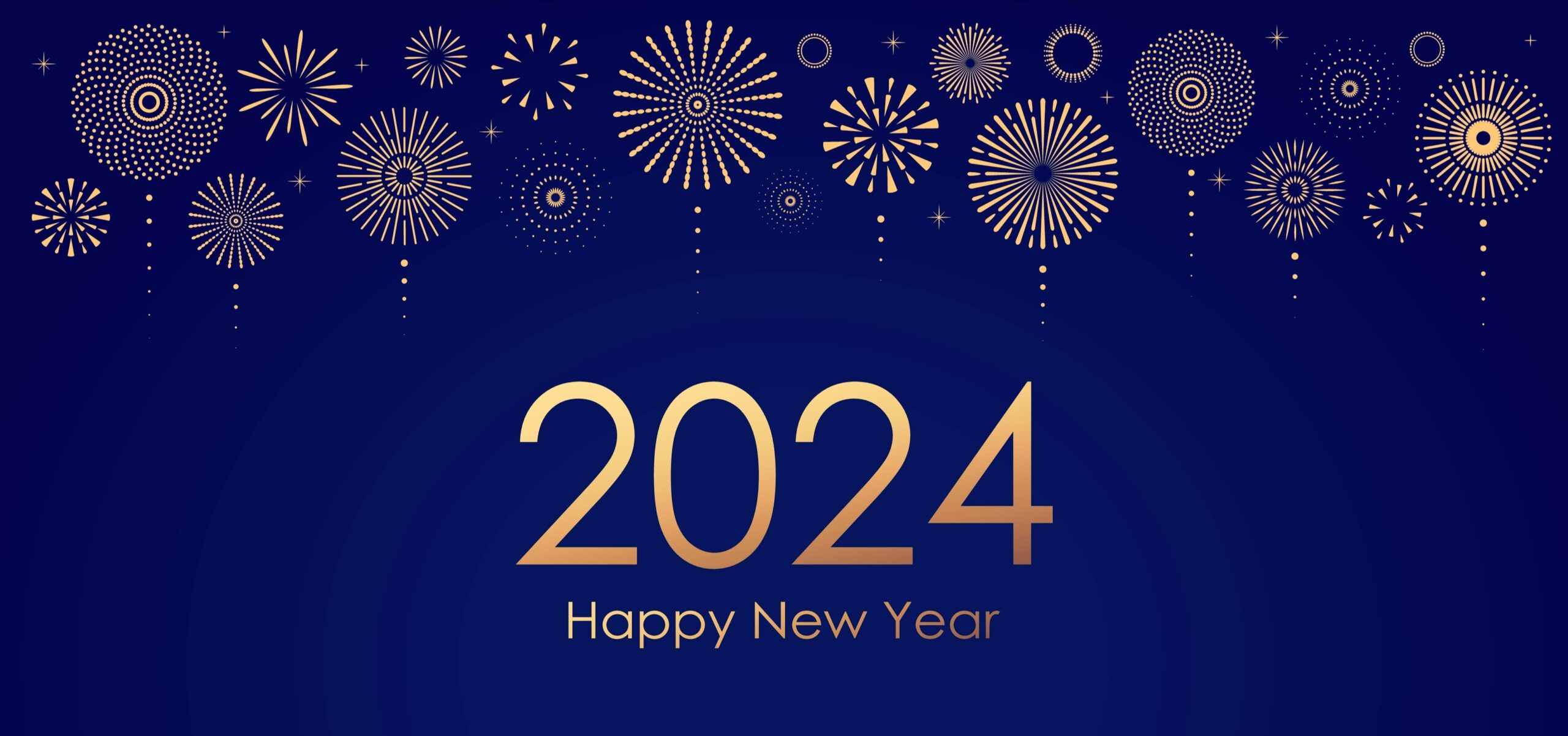Every beginning of the year, millions of people make plans to change their lives. They write their goals down, make lists and start early. But the enthusiasm is short lived… while setting goals for self-improvement can be motivating, the majority of people struggle following through with them. According to researchers at the University of Scranton in the USA, 80% of people forget their resolutions by January 12, and only 8% manage to achieve their New Year’s resolutions by the end of the year.
But why is so hard to keep up with the resolutions? And most importantly, how to keep up with our resolutions?
My theory, based on research, observation and personal life is trifold: people try to implement changes that are too drastic; the secondreason it’s that the resolutions can be too vague, causing confusion and frustration, and lastly lack of support when implementing the changes.
Drastic Changes:
I don’t advise anyone to try and change several aspects of their lives at once, especially if the changes are big. I recommend that when setting your goals, you start where you are and add one small change; I promise you that it is more manageable and doable than big changes that take too much time, energy, focus. For instance, instead of promising going to the gym 5 times a week, start with a day or two and increase frequency as you feel comfortable; instead of promising yourself to clean the full garage in one go, start with taking thirty minutes to organize a drawer or a shelf. Give yourself enough time to complete the task and grace if you don’t complete it or when you don’t feel like doing it when the time comes. Be flexible to yourself and run from mindset that you are a failing if you don’t do the thing exactly how you planned.
Vague Resolutions:
When planning their year, people tend to commit to a goal without considering how to get there. For example, the goal is to make more money, but theres not a detailed plan on how to achieve it, the possibility that the goal will leave the paper decreases.
George T. Doran proposed the acronym S.M.A.R.T. (specific, measurable, assignable, realistic and time-related)
- How much more money do I want to make?
- How much time will be used to pursue the goal?
- Do I need resources to do it? How to get them?
- How long I am willing to pursue the goal?
- These are some of possible questions; each goal get their own set of questions.
- Planning your resolution is a must!
Lack of support when implementing the changes:
Not because it is my job, but having a second brain and pair of hands helping in your project/goal can be life changing; you can ask for help when you are starting it or when you’re feeling stuck.
While learning about organizing techniques in the beginning of my career, I learned the term “body double”.
The technique was developed to help individuals with ADHD to stay focused at the task by having a second person working with them, but I believe that everyone can benefit from this technique.
Having help with your projects is a life saver; I have used help and highly recommend it, but I also understand the cost for an organizer (and others services), can be prohibitive, so be creative and ask for help of friends and family, but if it’s not possible to have a person with you, this can also be achieved through apps, habit trackers, or even by joining support groups where individuals can cheer each other on.
To conclude this article, in all my years organizing (my life and others peoples’ lives), I learned that when we are planning our goals, it’s important to approach them with a realistic mindset, understanding that setbacks and obstacles are a natural part of life. Then, when life happens, we will be able to pick up from where we left and try again.
DON’T FORGET:
- Don’t try to change everything at once.
- You can start again tomorrow
- Don’t try to start big. Take small steps.
- Ask for help. Delegate if necessary and possible.
Cheers to a 2024 filled with peace, growth, success, and resilience for all of us!
Happy Goals!


